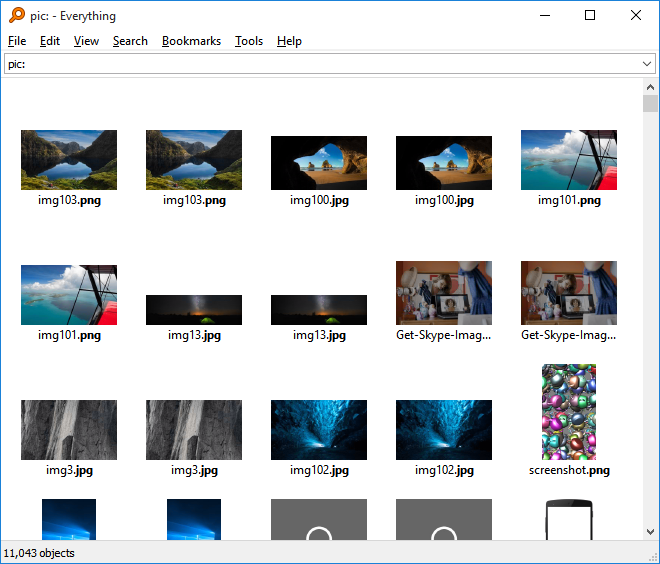
I think it's also just a lot of different divisions making competing cases for how search could be better and not really going all-in on one approach. ("It's search, not find!") Microsoft missing any sweet spot is another one. Now, yes, exactly that feature creep (file content, aggregating search results, and respecting access control lists) contributes to the sorry state of Windows search. Index the places you care about, and don't index the places you don't.

But even then you're not going to want to add the root of the drive to the indexer. The only time when it makes sense to add new places to the indexer is if you're adding a second drive for data storage but not doing Special Folder redirection (which generally has caused more problems than it's worth, lately the 1809 data loss bugs mostly impacted people with redirected folders). And the places that aren't indexed are not indexed on purpose (you don't need to be searching for stuff in %windir% or %systemroot%, for example). Most of those are indexed by default, which means newly installed apps get indexed, documents you create get indexed, etc. Installed app shortcuts go into the appropriate local or global start menu paths under the previously-mentioned app data locations. In general, you shouldn't need to add any more paths to the indexer, because you should be keeping stuff in the appropriate already-indexed locations - apps install to %programfiles% and/or %programfiles(x86)%, data is saved in %userprofile%, with application-specific configuration in %appdata% and/or %localappdata%, rarely %programdata%. Highlight the name, then click on the “Everything” bookmark to see if you do indeed already have a copy of that movie or song saved on your disk drives.

Now, double-click on any word in Google Chrome (so the word is highlighted), then click on the “Everything” bookmark on the Bookmarks bar - an “Everything” window will open, showing you every instance of that word that exists on all of your indexed disk drives.

Javascript:location.href='es:'+document.getSelection() void(0)



 0 kommentar(er)
0 kommentar(er)
